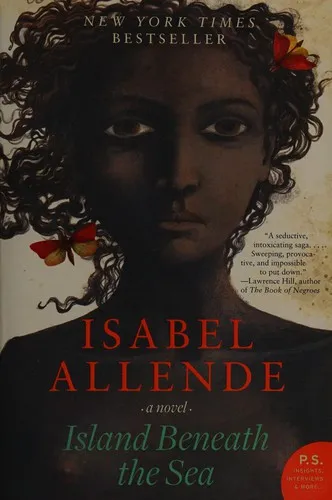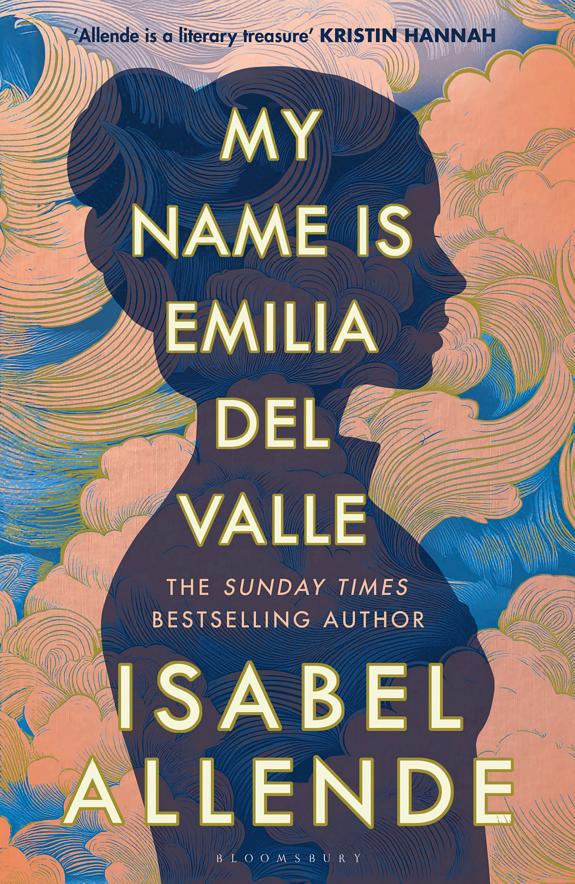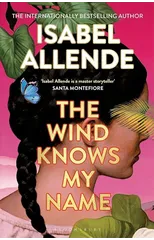Born a slave on the island of Saint-Domingue, Tété is the daughter of an African mother she never knew and one of the white sailors who brought her into bondage. Though her childhood is one of brutality and fear, Tété finds solace in the traditional rhythms of African drums and the voodoo loas she discovers through her fellow slaves. When twenty-year-old Toulouse Valmorain arrives on the island in 1770, it's with dreams of financial success in his mind. But running his father's plantation is neither glamorous nor easy. It will be eight years before he brings home a bride, the beautiful Eugenia Garcia del Solar -- but marriage, too, proves more difficult than he imagined. And Valmorain remains dependent on the services of his teenaged slave. Against the merciless backdrop of sugar cane fields, the lives of Tété and Valmorain grow ever more intertwined. Spanning four decades, Island Beneath the Sea is the moving story of one woman's determination to find love amid loss, to offer humanity though her own has been so battered, and to forge her own identity in the cruelest of circumstances.
Isabel Allende
Isabel Allende is a Chilean author known for her magical realism and passionate storytelling. Her most notable works include "The House of the Spirits," "Eva Luna," and "Paula." Allende's writing often explores themes of love, family, and politics, drawing inspiration from her own experiences and Latin American history. She has had a significant impact on the literary genre of magical realism, blending elements of fantasy with reality to create vivid and captivating narratives. "The House of the Spirits" is Allende's most famous work, a sweeping saga that has been translated into numerous languages and continues to be celebrated for its rich characters and lyrical prose. Allende's contributions to literature have earned her international acclaim and a devoted readership worldwide.






